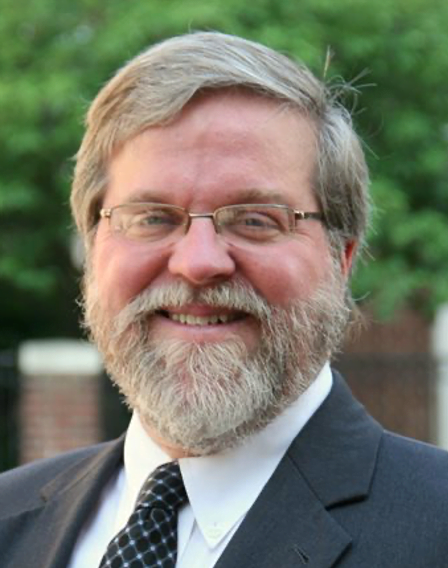“God loved the world”, an anonymous German hymn, grows out of John 3:16 and sounds out the ground of faith with comfort, especially for those who are troubled, sick, or dying. It first appeared in Heiliges Lippen – und Herzens-Opfer einer gläubigen Seele oder Vollständiges Gesangbuch (c. 1778), a huge collection, that with supplements, contained 1,313 hymns. In the United States the hymn was published in the first official hymnal of the Lutheran Church – Missouri Synod, Kirchengesangbuch für Evangelisches-Lutherische Gemeinde (St. Louis, 1847). August Crull (1845-1923) made a translation in the Evangelical Lutheran Hymn Book, beginning “Our God so loved the world that He.” Evangelical Lutheran Worship uses a modified version.
August Crull was born in German, where his father was a lawyer. He came to the United States after his father died and at the age of eleven studied at Concordia College, a boarding school in St. Louis that later moved to Fort Wayne, Indiana. He returned to St. Louis in 1862, graduated from Concordia Seminary in 1865, became a pastor in Milwaukee, director of the Lutheran High School there, a pastor in Michigan, and then professor of German at Concordia College in Fort Wayne for forty-two years. His fine English translations of hymns from the German appeared in a number of hymnbooks. He was responsible for the unusually far-sighted Norwegian “Decorah Hymnal” called Hymn Book for the Use of Evangelical Lutheran Schools and Congregations and for Hymns of the Evangelical Lutheran Church. He almost single-handedly compiled the Evangelical Lutheran Hymn Book for the General English Lutheran Conference of Missouri and Other States, a critical book for English translations of German hymns in the United States. A respected hymnologist as well as a teacher, he wrote a German grammar book, a devotional book taken from C. F. W. Walther’s sermons, and translations of Walther in the Predestinarian controversy.
This German hymn is aptly set here to an English psalm tune, ROCKINGHAM OLD, which first appeared in Psalms of David for the Use of Parish Churches (London, 1790), a collection appeared by Edward Miller, where he paired it with five metrical psalms. In Hymns Ancient and Modern (1861) it was linked with Watts’ “When I survey the wondrous cross”. Miller apparently adapted it from a tune called TUNBRIDGE that first appeared in Musica Sacra and then in Aaron Williams’ Psalmody in Miniature (1790)
Nicolas Temperley calls Miller’s book “a landmark” of the “new ideal” that bishops and clergy supported on behalf of the congregation’s singing, in opposition to the professionalizing of it. The ideal “was for simple but musical literate and well-harmonized tunes, sung by the congregation, led by an organ and choir of children.” Here is an instance of common support for the congregation’s singing – bishops, clergy, organ, organist, composer, and children together on behalf of the people and their song.
Robert Bridges thought the “grandeur” of Watts’ text was “obscured” by this melody. It is nevertheless often appreciated by congregations, which suggests that, whatever its demerits, the congregational concern it represents was not entirely misplaced. Both Temperley and Erik Routley give it high praise. Temperley calls it a “fine warm tune,” and Routley refers to it as “the excellent and almost Mozartian long meter.” It has a balanced eighteenth-century symmetry and can be diagrammed (4+4) + (4+4). The second 4 of the first set carries the melody to the high tonic, and the first 4 of the second set returns there before moving to the dominant and to an ornamented modification of the opening motive at the end.
For forty-one years Edward Miller was the organist at an Anglican parish, Doncaster in South Yorkshire, northern England. Also a flutist, who apparently played for George Frideric Handel, he studied with the music historian Charles Burney; published a number of musical books and a history of Doncaster; composed music, including about three hundred hymn tunes plus flute solos, harpsichord sonatas, and organ voluntaries; and received a doctorate in music from Cambridge (1786). He was born in Norwich and was apprenticed to the trade of his father, a paver, but is another example of someone whose musical vocation could not be denied. He abandoned the apprenticeship to study with Burney.
Our organ postlude this morning is a fugue by Charles Burney — the music historian and composer with whom Edward Miller studied (see above paragraph). He was the father of the writers Frances Burney and Sarah Burney, of the explorer James Burney, and of Charles Burney, a classicist and book donor to the British Museum. He was a close friend and supporter of Joseph Haydn and other composers.



